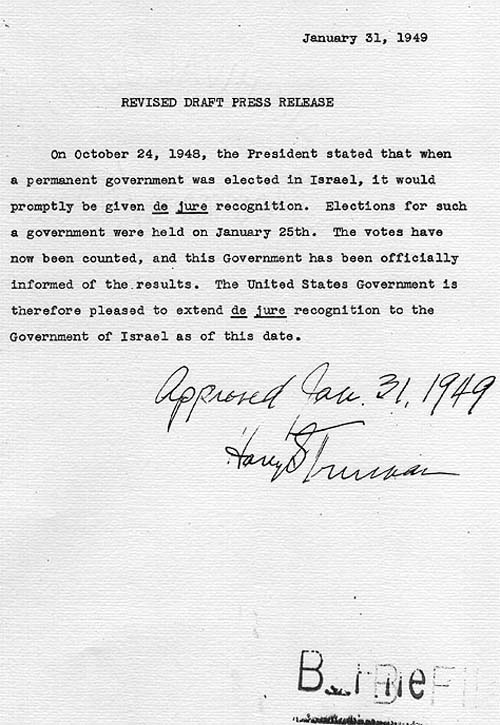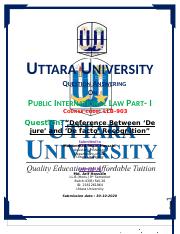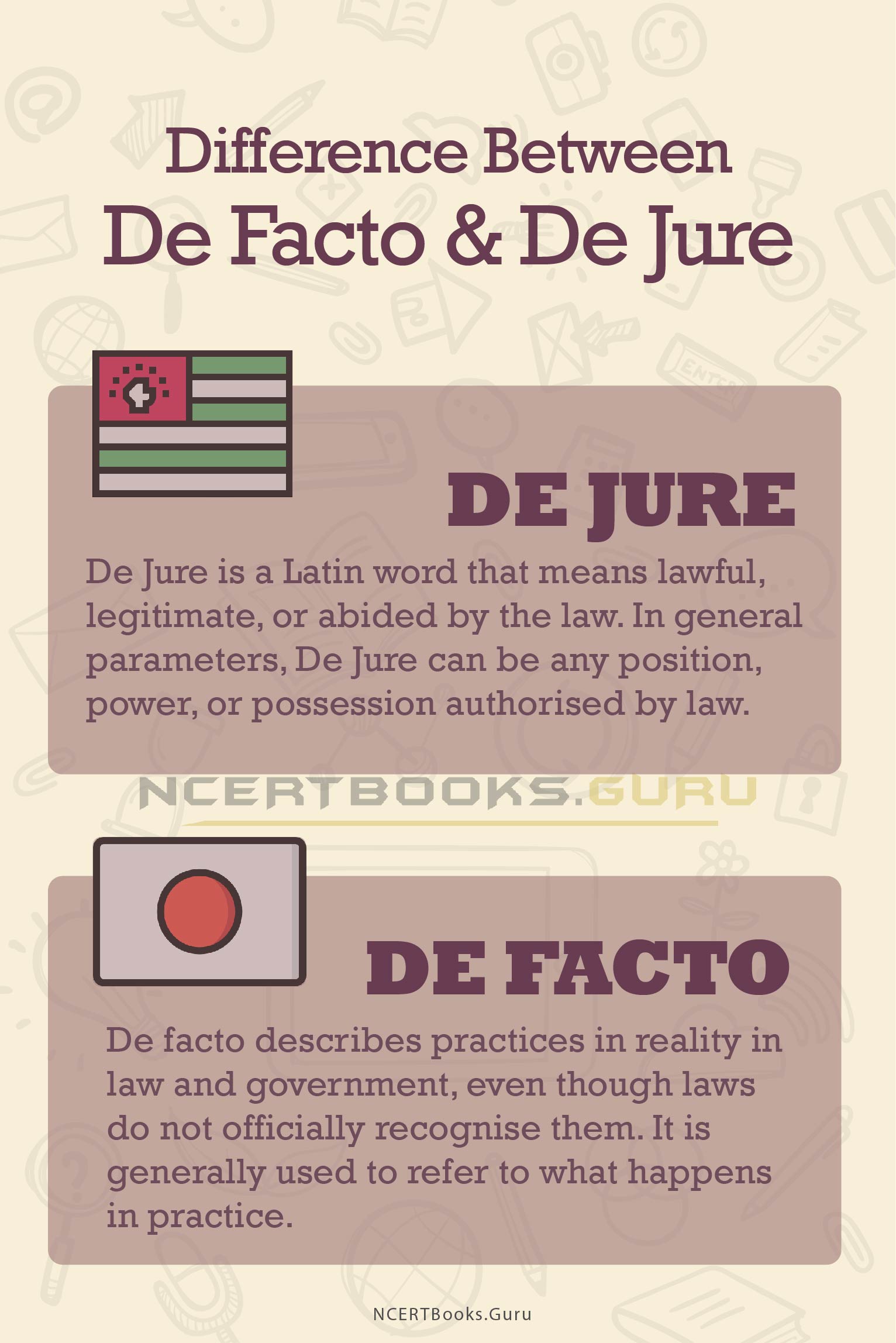De jure recognition refers to the official recognition of a state, government, or other entity by a country or international organization. This type of recognition is typically based on the principles of international law and is intended to establish diplomatic relations and legal obligations between the recognized entity and the recognizing body.
There are several factors that can influence a country's decision to grant de jure recognition to another state or entity. One of the most important considerations is whether the entity in question meets the criteria for statehood, as defined by international law. According to the Montevideo Convention on the Rights and Duties of States, a state must possess a permanent population, a defined territory, a government, and the ability to enter into relations with other states. If an entity meets these criteria, it may be eligible for de jure recognition.
In addition to meeting the criteria for statehood, an entity may also need to demonstrate that it is capable of effectively governing its territory and maintaining order within its borders. This may involve demonstrating a commitment to upholding human rights and democratic principles, as well as engaging in constructive dialogue with other states and international organizations.
The process of de jure recognition can be complex and may involve negotiations and discussions with various international bodies, such as the United Nations or the European Union. In some cases, recognition may be granted unilaterally by a single country, while in other cases it may require the approval of a larger group of countries or international organizations.
De jure recognition is an important tool for establishing the legitimacy and sovereignty of a state or entity. It allows recognized states to participate in international relations and to access the benefits of membership in the international community, such as access to trade and economic assistance. At the same time, de jure recognition can also have significant political and diplomatic implications, as it may be seen as an endorsement of the recognized entity's policies and actions.
In summary, de jure recognition is the official recognition of a state, government, or other entity by a country or international organization. This recognition is based on the principles of international law and is intended to establish diplomatic relations and legal obligations between the recognized entity and the recognizing body. The process of de jure recognition can be complex and may involve negotiations and discussions with various international bodies, and it is an important tool for establishing the legitimacy and sovereignty of a state or entity.







